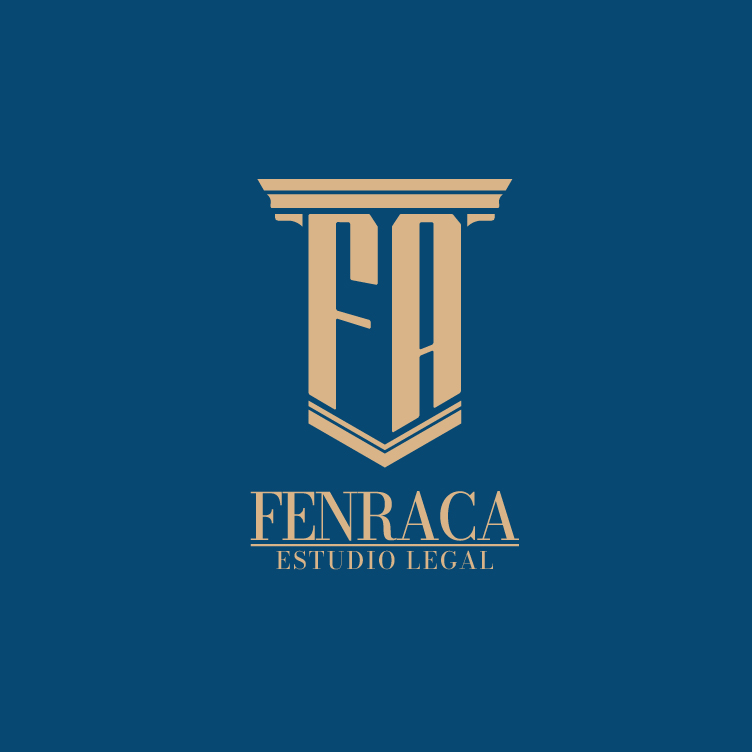Best Probate Lawyers in Santo Domingo
Share your needs with us, get contacted by law firms.
Free. Takes 2 min.
List of the best lawyers in Santo Domingo, Dominican Republic
About Probate Law in Santo Domingo, Dominican Republic
Probate is the legal process of administering the estate of a deceased person, resolving any claims and distributing assets to beneficiaries. In Santo Domingo, Dominican Republic, probate laws govern how an individual's assets are handled after their death.
Why You May Need a Lawyer
You may need a lawyer for probate in Santo Domingo if you are the executor of an estate, a beneficiary of a will, or if there are disputes among heirs. A lawyer can help navigate the complex legal requirements, ensure proper distribution of assets, and protect your rights.
Local Laws Overview
In Santo Domingo, Dominican Republic, probate laws are based on the Civil Code and the Law No. 108-13 on Inheritance Rights and Donations. These laws dictate how estates are administered, the rights of heirs, and the procedures involved in probate proceedings.
Frequently Asked Questions
1. What is the probate process in Santo Domingo?
The probate process involves submitting the deceased person's will to the court, proving its validity, inventorying assets, paying debts, and distributing assets to heirs.
2. Do all estates go through probate in Santo Domingo?
Not all estates need to go through probate. Small estates with minimal assets may be exempt from the probate process.
3. How long does probate take in Santo Domingo?
Probate timelines can vary, but it typically takes several months to a year to complete the process in Santo Domingo.
4. Can a will be contested in Santo Domingo?
Yes, a will can be contested in Santo Domingo if there are grounds for challenging its validity, such as undue influence or lack of capacity.
5. What happens if someone dies without a will in Santo Domingo?
If someone dies without a will in Santo Domingo, their assets will be distributed according to the laws of intestate succession, which dictate how assets are divided among heirs.
6. Can probate be avoided in Santo Domingo?
Probate can sometimes be avoided through estate planning strategies such as establishing a trust or joint ownership of assets.
7. How are assets distributed in probate in Santo Domingo?
Assets are distributed according to the deceased person's will, or if there is no will, according to the laws of intestate succession.
8. What are the responsibilities of an executor in probate in Santo Domingo?
The executor is responsible for managing the estate, paying debts, filing taxes, and distributing assets to heirs according to the will or local laws.
9. How can a lawyer help with probate in Santo Domingo?
A lawyer can provide legal advice, prepare necessary documents, represent clients in court, and ensure the probate process is carried out smoothly and efficiently.
10. What are the costs associated with probate in Santo Domingo?
Costs of probate in Santo Domingo may include court fees, legal fees, appraisal fees, and other expenses related to administering the estate.
Additional Resources
For additional information on probate in Santo Domingo, you may consider contacting the Dominican Republic Bar Association or consulting local legal resources for guidance.
Next Steps
If you require legal assistance in probate in Santo Domingo, it is advisable to seek the advice of an experienced probate lawyer who can guide you through the process and protect your interests. Contact a local law firm specializing in probate law to schedule a consultation and get the help you need.
Lawzana helps you find the best lawyers and law firms in Santo Domingo through a curated and pre-screened list of qualified legal professionals. Our platform offers rankings and detailed profiles of attorneys and law firms, allowing you to compare based on practice areas, including Probate, experience, and client feedback.
Each profile includes a description of the firm's areas of practice, client reviews, team members and partners, year of establishment, spoken languages, office locations, contact information, social media presence, and any published articles or resources. Most firms on our platform speak English and are experienced in both local and international legal matters.
Get a quote from top-rated law firms in Santo Domingo, Dominican Republic — quickly, securely, and without unnecessary hassle.
Disclaimer:
The information provided on this page is for general informational purposes only and does not constitute legal advice. While we strive to ensure the accuracy and relevance of the content, legal information may change over time, and interpretations of the law can vary. You should always consult with a qualified legal professional for advice specific to your situation.
We disclaim all liability for actions taken or not taken based on the content of this page. If you believe any information is incorrect or outdated, please contact us, and we will review and update it where appropriate.











